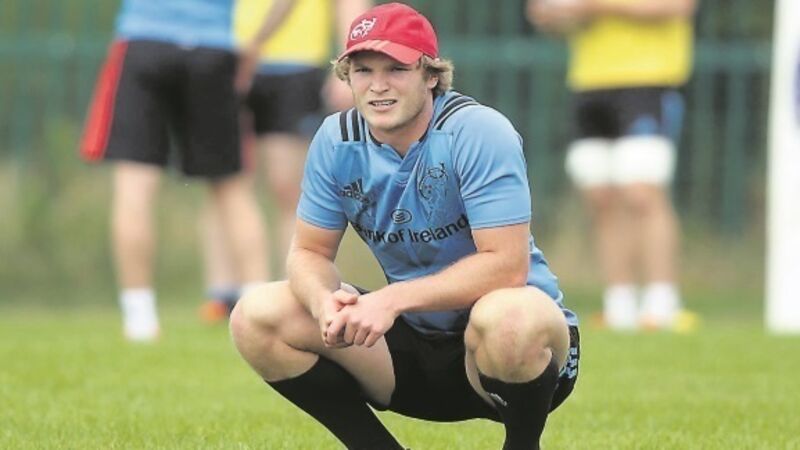Munster can buy smart if they can’t buy big

Munster got the least worst conclusion to their season, and credit to them for finishing with 10 points out of a possible 10. But the notion that this sort of slump can never happen again is a stupid thing to say. Of course, it can happen again if lessons aren’t learned.
You got to anticipate big learnings from this campaign. The influences from management will be crucial next season. With no marquee signing lined up, solutions must come from within.












